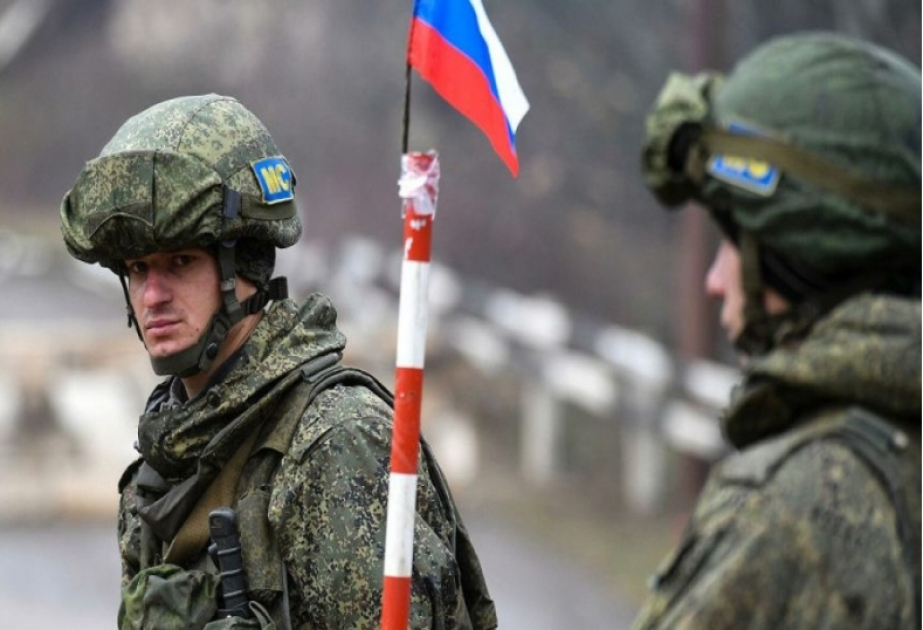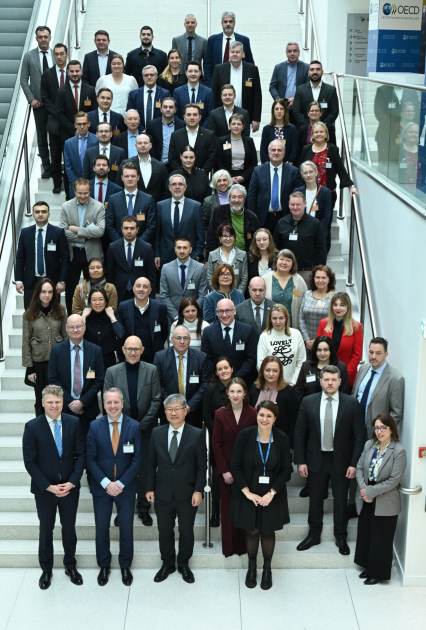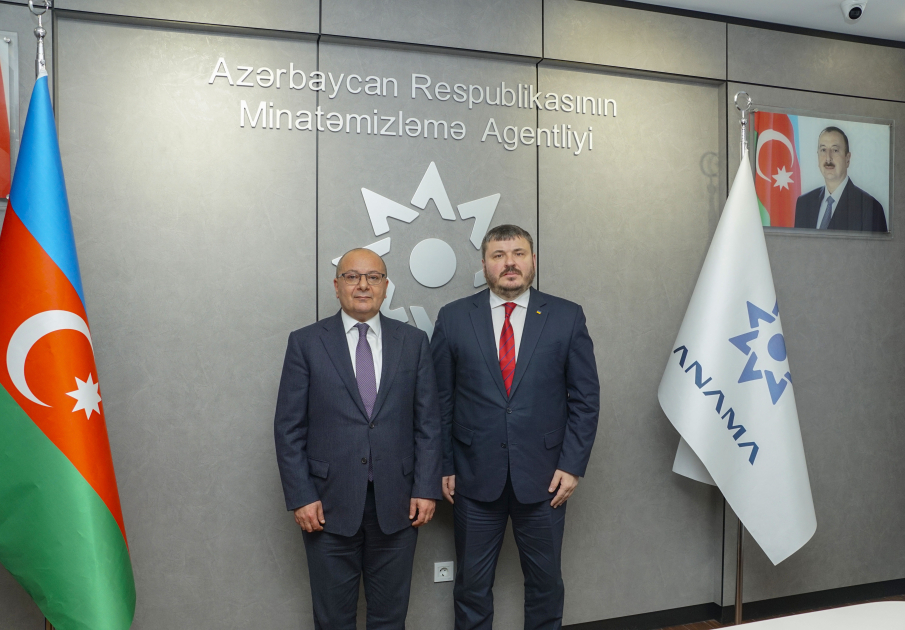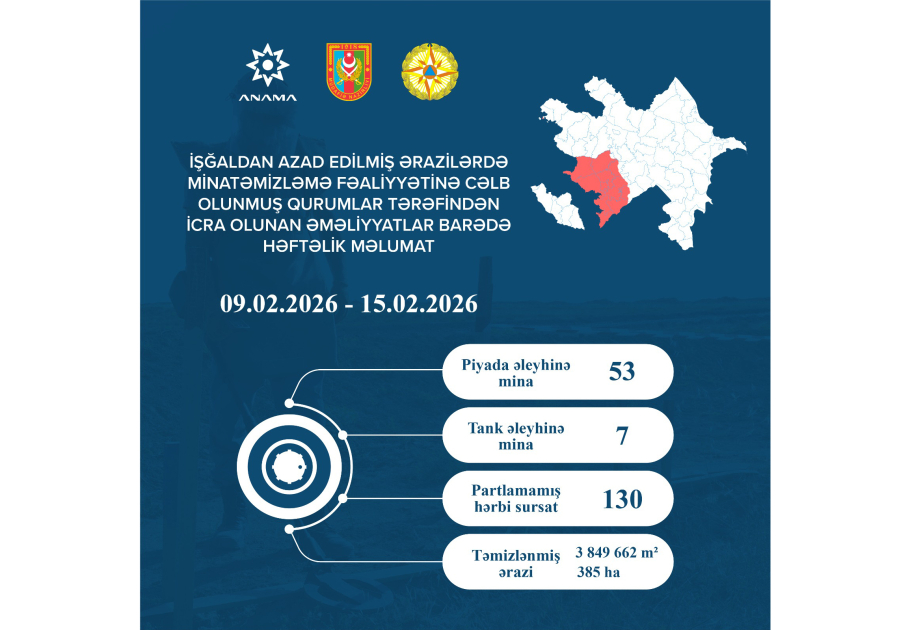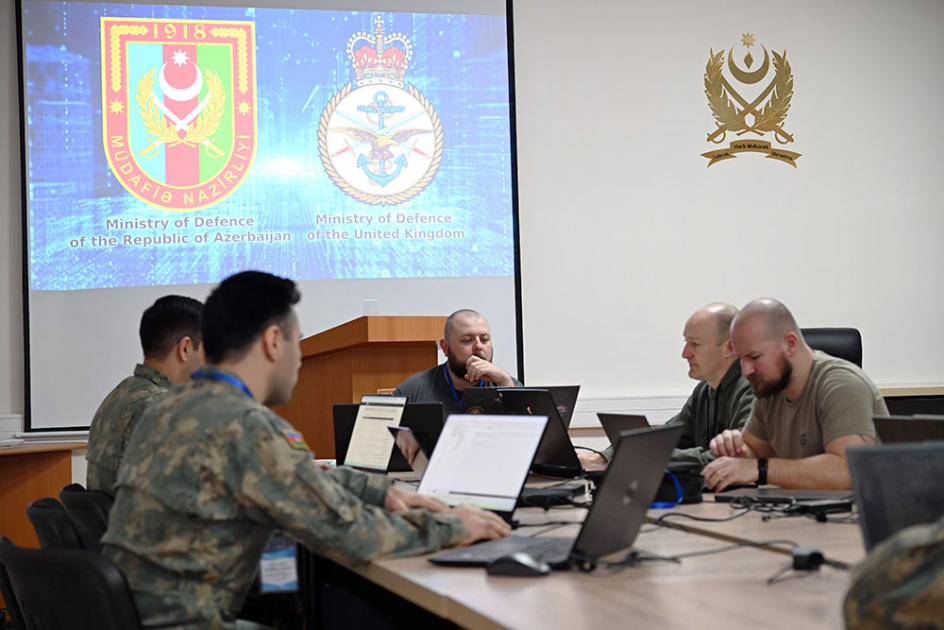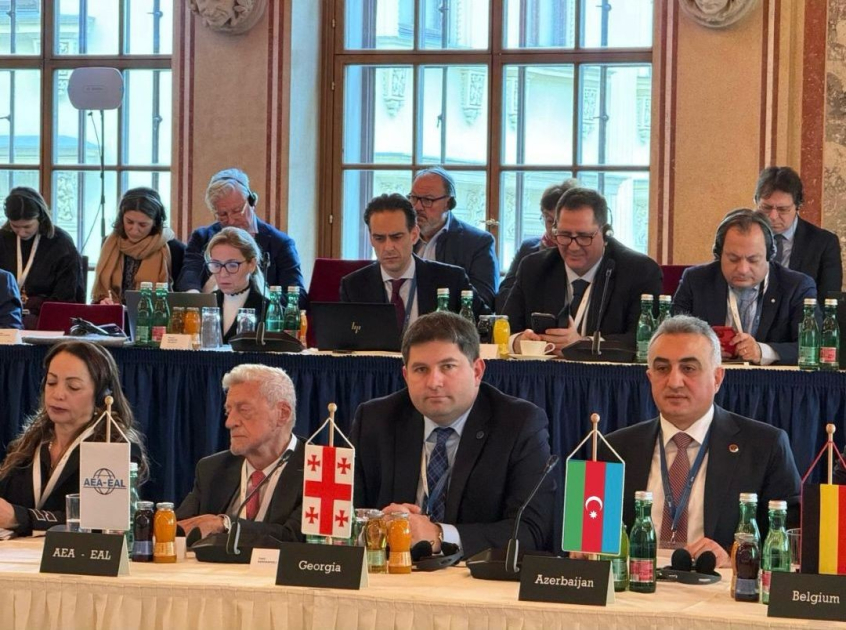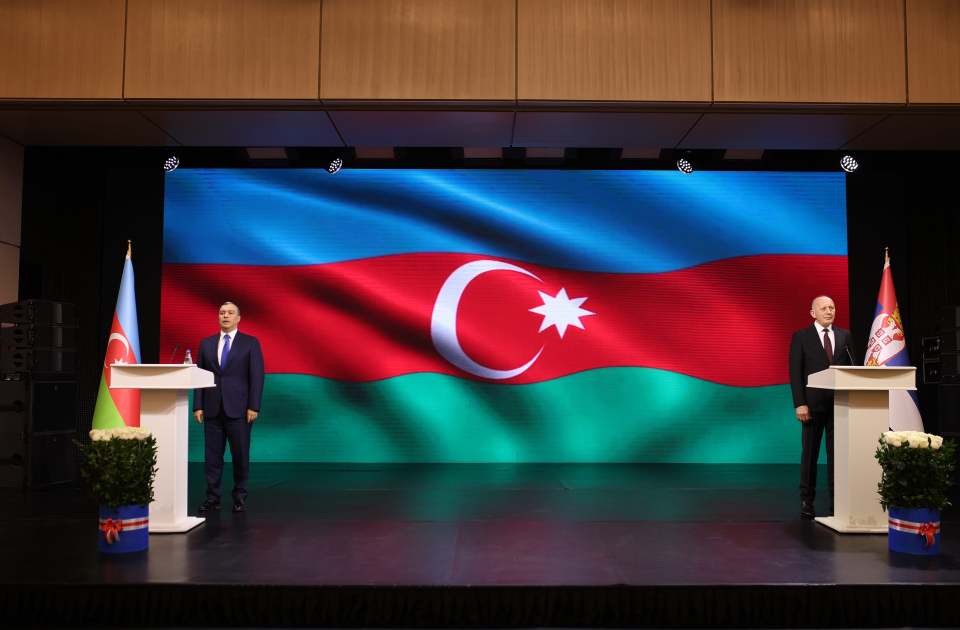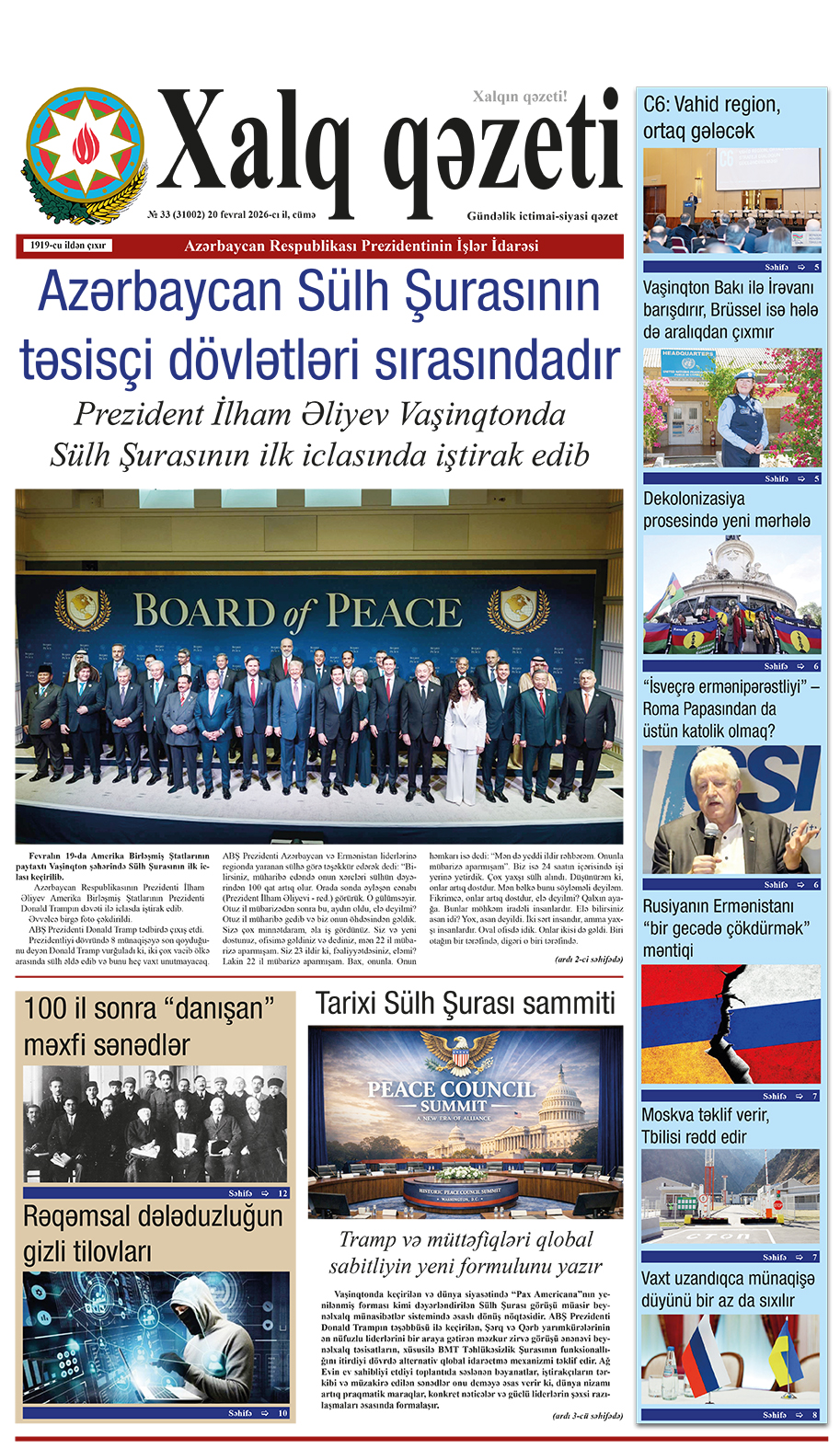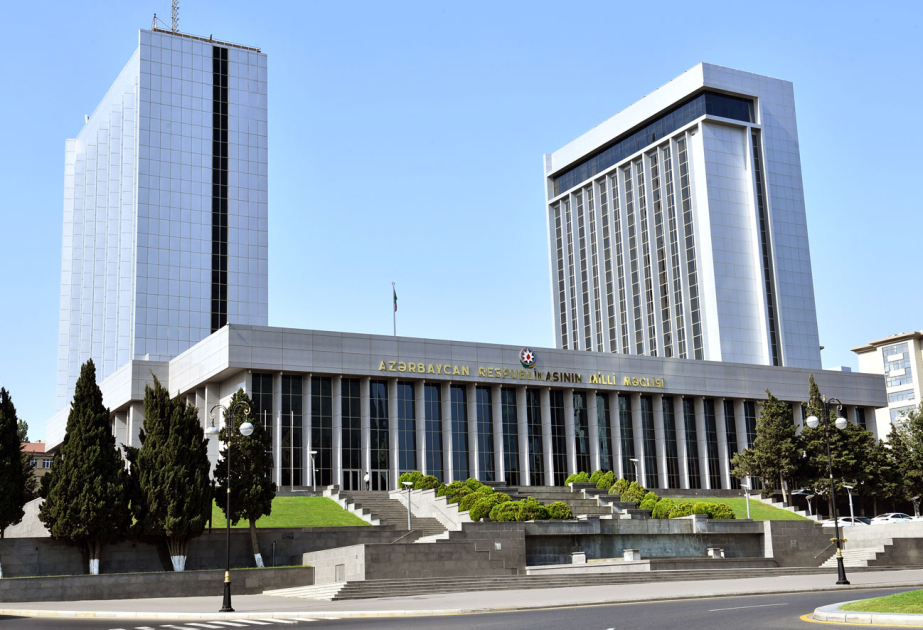The International Policy Digest, a publication based in the United States, issued an article titled Russia’s Withdrawal from Karabakh Could Lead to a Lasting Peace”, highlighting new opportunities for rapprochement between Azerbaijan and Armenia following withdrawal of the Russian peacekeeping contingent.
“Under the terms of a 2020 ceasefire between the two countries, 1,960 Russian soldiers were stationed in the region, along with hundreds of units of armored personnel carriers and other military equipment. Their peacekeeping mandate was set to expire in November 2025.
Karabakh, a mountainous area internationally recognized as part of Azerbaijan, had been occupied by Armenia for almost three decades following the First Nagorno-Karabakh War, which erupted during the waning days of the Soviet Union. Azerbaijan regained control of the territory during the Second Nagorno-Karabakh War in 2020 and a swift offensive in September 2023, in which the Russian contingent did not intervene. Six months later, Russia has withdrawn its troops from Karabakh, according to Kremlin spokesman Dmitry Peskov,” the article said.
The article also featured response by Assistant to the President of Azerbaijan, Head of Foreign Policy Affairs Department of the Presidential Administration Hikmet Hajiyev to the question of Azerbaijan State News Agency (AZERTAC) regarding the early withdrawal of the Russian peacekeepers. “The early withdrawal of Russian peacekeepers, temporarily stationed in the territory of the Republic of Azerbaijan in accordance with the trilateral statement signed on November 10, 2020, has been decided by the leaders of both countries,” Hajiyev said.
“A consensus to agree on a common border based on the Alma-Ata Protocols of 1991, which regulated the breakup of the Soviet Union, is particularly encouraging.
The Zangezur corridor, a proposed transport route through Armenia connecting Azerbaijan with its exclave of Nakhchivan, remains a contentious issue. Nevertheless, Azerbaijan supports the joint construction of a road and railway through the 34-kilometer strip of Armenian land separating Nakhchivan from Azerbaijan, as stipulated in the 2020 ceasefire agreement,” it said.
The article also includes an excerpt from an interview of Elchin Amirbayov, representative of the Azerbaijani president on special assignments to the German Die Zeit newspaper: “Armenia could overcome its isolation. It could collect transit fees and improve its relationship with Türkiye.” If Armenia rejects this offer, he noted, “Well, we could also build the road and railway further south through Iran, which would only be ten kilometers longer.”
The publication also highlighted Azerbaijan’s hosting the upcoming COP29 conference this year: “A significant sign of cooperation emerged last December when Armenia supported Azerbaijan’s bid to host this year’s COP29 in Baku. This first international gesture of support between the two neighbors indicates that regional cooperation is possible if external powers refrain from imposing their geopolitical agendas.”
Aytan Abbasli
Special Correspondent


